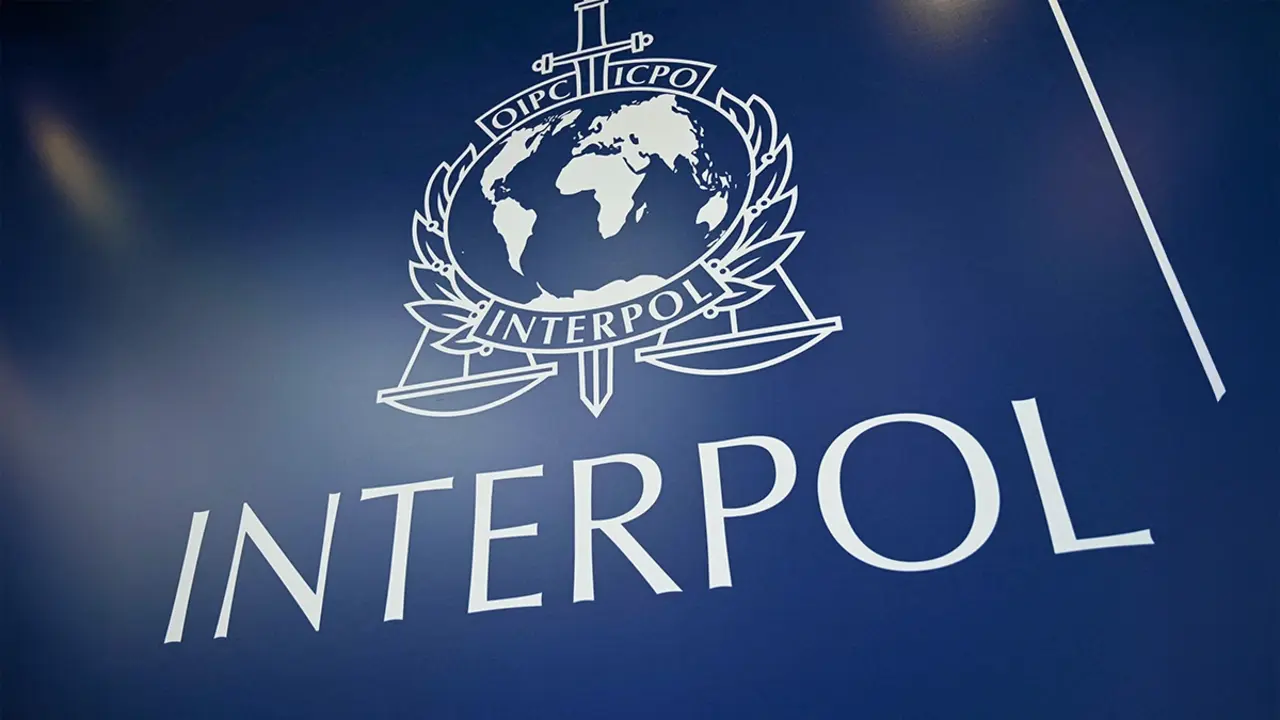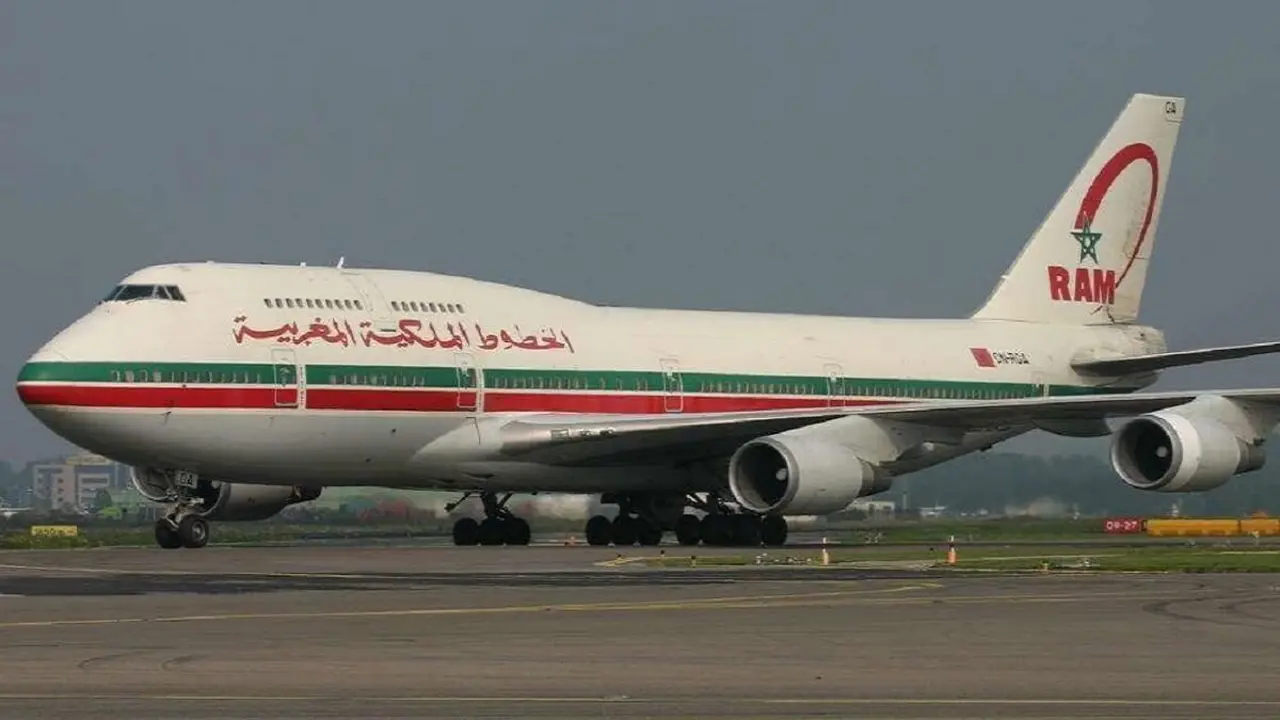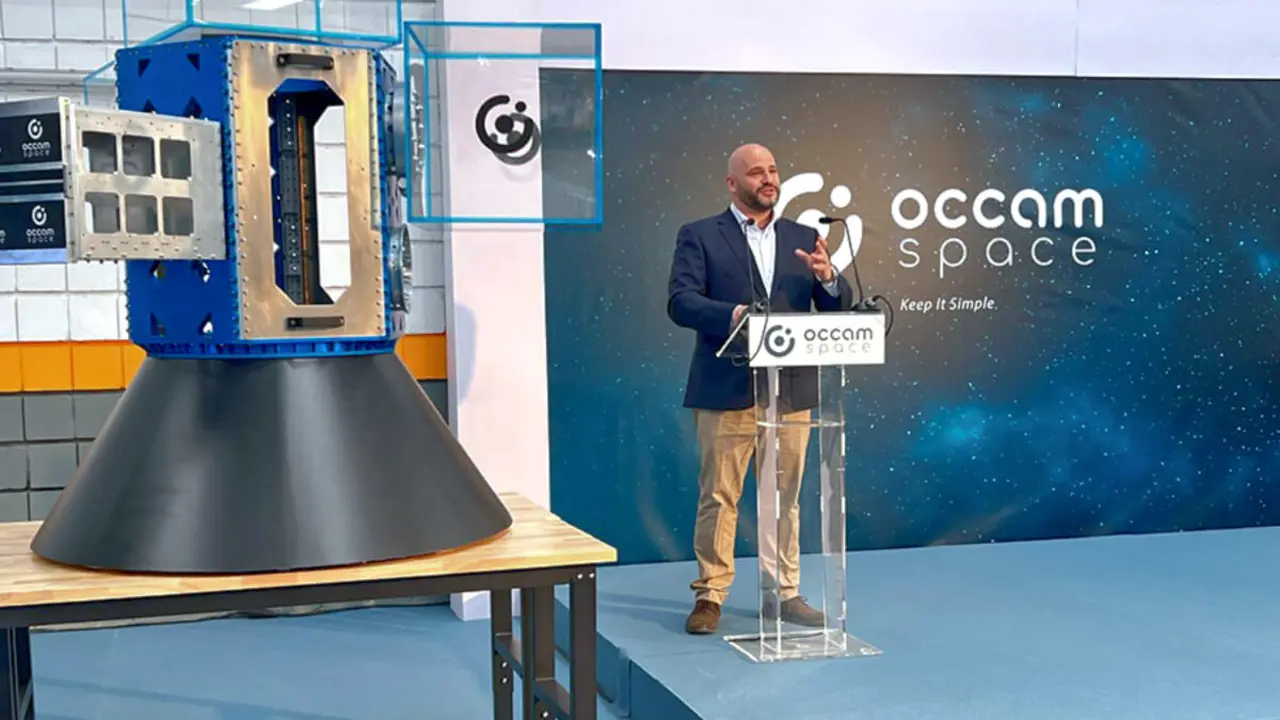Ursula von der Leyen gets the EU Space Agency off the ground with 14.8 billion euros

The European Parliament has approved the document that creates the European Union Space Agency for Space Programmes, the regulation that defines its competences and functioning, as well as a budget of 14,872 million euros within the multiannual financial framework 2021-2027, the highest amount ever committed by Brussels for space programmes.
The new EUSPA (European Union Agency for the Space Programme) was approved by the European Parliament on April 28. It will become effective once the text is published in the EU's Official Journal and will be retroactive from January 1 this year. It was approved four months ago by the European Commission, chaired by Germany's Ursula von der Leyen, and by the European Council, chaired by Belgium's Charles Michel.
The measure establishes a single organisation encompassing all space projects in the European Union. The immediate consequence is the conversion of the current European Global Navigation Satellite Systems Agency (GSA), which was created in 2004 to manage and operate exclusively the Galileo satellite constellation - Europe's GPS - and the European geostationary navigation overlay service EGNOS.

The GSA, whose headquarters are in Prague and under the executive management of portuguese Rodrigo dos Santos since last October, will change its name and become the EUSPA. According to Spanish sources, it will take on the responsibilities that will be entrusted to it sooner or later, but which "are still in the negotiation phase".
One of them is the operation of the Copernicus Earth observation programme. In service since mid-2014 and with more than a dozen high-resolution satellites in orbit, they are responsible for ensuring the capture of data that inform scientists about the state of the Earth's health at all levels.

It is also envisaged that EUSPA will absorb two other projects that are in their initial stages. The first is Space Situational Awareness, or SSA, to monitor natural and man-made objects near Earth orbit. The second is the Govsatcom government satellite communications initiative, aimed at providing secure and reliable transmissions to authorities in the Union and partner countries.
The budget decreed for the period 2021-2027 is intended to finance the production and operation of these four projects - and those to follow - which Ursula von der Leyen's government commissioners believe provide high quality services to European citizens and generate significant socio-economic benefits. In the current situation "they contribute to the creation of new jobs, which will help to overcome the negative effects of the COVID-19 pandemic", stresses Italian MEP Massimiliano Salini, the EUSPA's advocate in the European Parliament.
Out of the EUR 14.872 billion ratified by the EU legislature, EUR 9.01 billion (60.58%) is earmarked for renewing the Galileo and EGNOS satellite fleets. A further 5.42 billion (36.44 per cent) will be devoted to developing a new generation of platforms for the Copernicus programme. The remaining 442 million (less than 3%) will be used to finance the SSA and Govsatcom projects.

The creation of the EUPSA means that all EU space activities will be under one umbrella. However, from the Spanish point of view, changes are not perceived to be imminent. Sources consulted in the Spanish ministries affected by these changes - Transport, Science and Innovation, Industry and Defence - are of the opinion that the assumption of the new responsibilities by the GSA reconverted into the EUSPA "will not be in the short term, much less in the remainder of 2021", they agree.
Senior Spanish officials and civil servants familiar with Brussels' work rhythms and reaction times point out that the transition process from the GSA to the EUSPA "will be long". They argue that, for example, both "the production of the second generation of Galileo satellites and the new Copernicus satellite will not get a final decision until 2022". And the other two programmes are evolving at a slower pace.

So what will happen to the European Space Agency, ESA? Will it disappear? Far from it. The Spanish sources consulted are of the opinion that the division of roles between EUSPA and ESA "will remain practically the same as it is now". The European Union's ESA and EUSPA are two very different organisations whose cooperation dates back to the end of the last century.
EUPSA is focused on managing and operating constellations of satellites in orbit and marketing them. ESA, on the other hand, created in 1975 and headquartered in Paris, is dedicated to science, research and exploration of the cosmos, developing space technologies, spacecraft, launch vehicles and training astronauts, fields in which Brussels is totally outside. In short, the EU needs ESA to make its projects a reality from a technical point of view.
Under international law, the European Union is a political and economic community governed by the 2009 Treaty of Lisbon. It is made up of 27 nations, which have ceded part of their sovereignty to Brussels and whose result is essentially a supra-state with the capacity to legislate and whose projects are based on the principle of free competition.

Totally independent of the European Union, the ESA is an intergovernmental organisation made up of 22 European nations, including Spain, which includes non-EU countries such as Norway, the United Kingdom and Switzerland. All of them pool an agreed economic percentage of each country's GDP, which is invested in the scientific programme, the only one of a compulsory nature, which is returned in workloads to the industry of each participating nation.
All other areas of ESA's work are funded by voluntary contributions. All in all, cooperation between Brussels and ESA is likely to continue along the same lines in the short and medium term. But we must not forget that life and the international scene confirm that the big fish eats the small fish.









